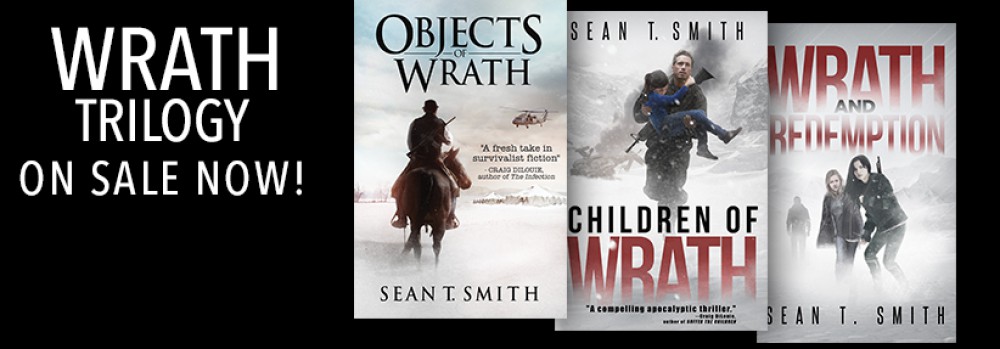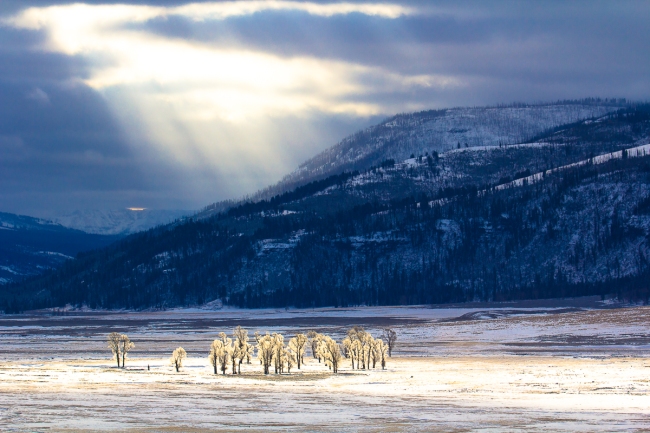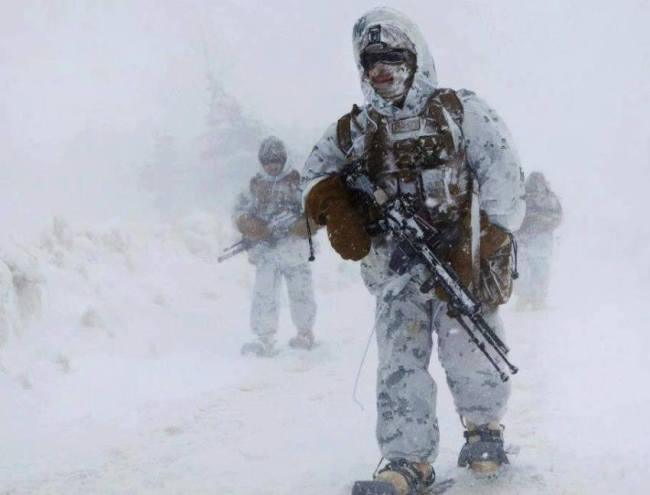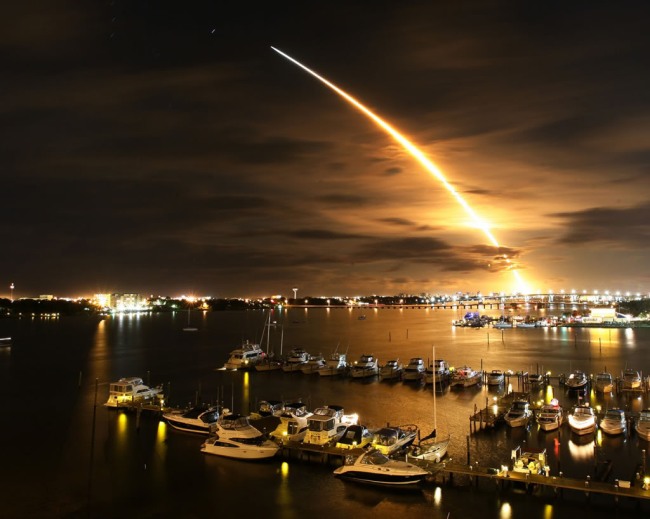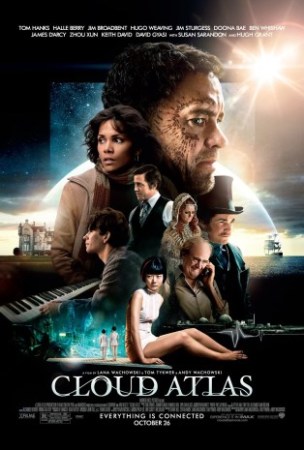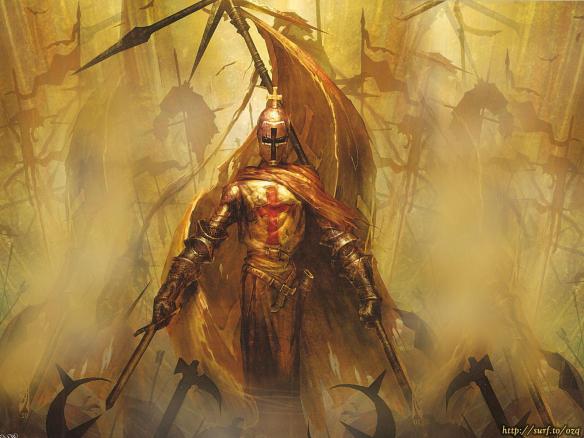 2016 should be a very interesting year for me! I’ll have my first book in bookstores on March 22 with the release of Tears of Abraham, a novel about the next American Civil War. I hope to generate some press and buzz with this book, as the nation continues to rip itself apart with political vitriol. I hope people read the book and come away with the feeling that we as a nation are better than what we’ve turned into.
2016 should be a very interesting year for me! I’ll have my first book in bookstores on March 22 with the release of Tears of Abraham, a novel about the next American Civil War. I hope to generate some press and buzz with this book, as the nation continues to rip itself apart with political vitriol. I hope people read the book and come away with the feeling that we as a nation are better than what we’ve turned into.
I’ve been working hard on Fate of the Fallen, and hope to self-publish this as a series. This novel has been extremely challenging to write because of the scale and the amount of research involved. The main character is an angel with limited abilities, and the novel follows his life, alternating between the past and present. He has been a monk, a gladiator, a crusader, a scholar, and a warrior. In the present, he is trying to prevent the next apocalypse. I’m planning on releasing this book next spring or early summer, and then following it with a series of novellas.
I’m outlining for my next full length novel, and this will be a big departure for me in terms of genre. I’ve been writing “thrillers with heart.” This next book is not a thriller, but straight forward literary fiction. I can’t wait to write it. It’s called Restoration. When Arthur Glass’s wife asks for a divorce, he purchases a hundred-year-old house in historic Riverside, Florida. He forms a deep friendship with an old lady across the street, who tells him about the history of the house, and importantly, the stories that have unfolded within the walls.
The house has been an orphanage, brothel, speakeasy, and apartment during our nation’s great wars. Love, loss, hope, tragedy and miracles have lived here, and the stories Arthur hears mirror his own character arc, filling a need in him, reminding him of things he has forgotten and also teaching things he has never known.
Chapter One
Endings and Beginnings
Arthur Glass found the old house on Oak Street on the same afternoon his wife informed him that she was pregnant and wanted a divorce. He wasn’t ready for any of it.
He pulled his pick-up truck into the cracked concrete driveway and sat behind the wheel for a moment, gazing at the two story brick home before him, his thoughts a tangle of questions and despair. He needed a place to live, and he’d always liked old houses. He could do something with the place, as long as it had good bones.
How do people do this? How do you move on with your life when your life is destroyed, when everything you love is gone and your soul is peeled away? What is there to move on to? Why?
He picked his way around the overgrown yard, contemplating the exterior of the place. He guessed it was about a hundred years old, as many of the buildings in this part of Jacksonville were. “Historic Riverside,” was its moniker, an eclectic neighborhood where artists, professionals and vagabonds blended together. The streets were lined with majestic live oak trees, Spanish moss hanging down lush and lazy, a certain energy here he’d always liked.
The house sat on a dead end, and behind it was sprawling, shady Boone Park, the yard and park coming seamlessly together. The second floor boasted two columned porches overlooking the street and the park. Oaks, cedars, rose bushes and sago palms giving the grounds a wild, lush feel. Mocking birds twittered among the leaves, and on the steps a surly orange cat bestowed him with a baleful glare.
How did I not see this coming? Who is the father?
He used a credit card to pop the lock on the back door and stepped inside. The smell of mildew and age hit him and he took this in stride. Original hardwood floors, faded and worn creaked under his feet while he wandered from room to room. Plaster walls, some with ragged holes and all in dire need of paint. An old fireplace with a carved wooden mantle in the living room, two small bedrooms, a dining room, and a kitchen that looked like it popped out of Norman Rockwell’s imagination back in the fifties.
He wondered what stories had unfolded here over the years, what whispers these walls overheard.
He walked up a narrow staircase to the second floor, realizing that this was actually an apartment; each floor had a separate entrance. If he’d come here at any different time of day, perhaps things would have been different.
The late afternoon sun streamed through tall windows and filled the living room with golden October light, piercing the veil of decay and obsolescence with a kind of hope and warmth, inviting and serene. He could see this room filled with her canvasses and brushes and colors, alive with her laughter while she painted, dancing to Van Morrison, long dark hair cascading down her shoulders and blue eyes bright with creative mischief and something deeper, a peaceful sort of longing and truth. The way she used to look at him, but hadn’t in years.
She would love this room. Would have, he corrected himself. He had to think that way, and he knew it, but it was too soon and raw. He got it, though. Saw the truth even though it burned and always would and there was no way not to face it, here in that room with perfect light where the things he wished for were translucent dreams transposed onto empty spaces, emotional holograms bereft touch and feel. Delusions of simple grandeur that life boldly stated could never be.
Ghosts of tomorrow, that’s what they looked like to Arthur, and he could see them and it hurt to see.
Love is a contradiction, for it is beauty, promise and light until it turns, and when it turns, it’s quick and mean and dark and deadly and sucks everything in. A black hole birthed like an abomination from what was once a brilliant star, now hungry, relentless and devouring even the light which tries to escape it. Love is destruction. A force of nature implacable and cruel which obliterates what it does not tolerate: objects at rest, and things which have outlived their usefulness.
She says she loves me but isn’t ‘in love’ with me. What does that even mean? God, what happened to us?
Stepping into the room with the gold light spreading on empty spaces sealed his fate, for he knew at that moment that he was going to buy the place.
Love is restoration.
Other good news…
Children of Wrath and Wrath and Redemption have both been picked up by audible, so they will be available soon in audio format. That’s great news, because Objects of Wrath did pretty well as an audio book.
Also, the entire Wrath trilogy will be distributed by Simon & Schuster next year, meaning that I’ll have the ability to have that in bookstores around the country.http://www.amazon.com/Objects-Wrath-Volume-Sean-Smith/dp/1618682245
